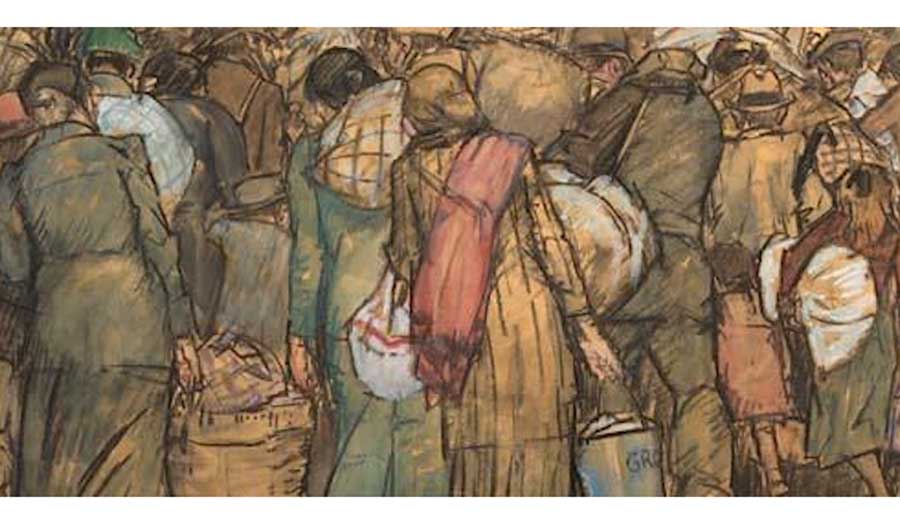From the start of the Algerian War in 1954, two French republics, successive administrations, and ultimately two independent states—France and Algeria—remade welfare to support social aid services for Algerian families migrating across the Mediterranean. The unintended consequences of this process prolonged the beleaguered relationship between the metropole and colony and resulted in social services and policies that preserved the colonial order long after its end. In this talk, I interpret these policies and decisions as a series of overlapping and intertwined threads of decolonization. In unravelling these threads, I demonstrate that the contemporary framing of the crisis of the welfare state misses earlier and critical turning points in the provisioning of social services. Instead, the welfare state was often imperilled and always in question for Algerians, whether they were subjects or citizens of France or foreign nationals living abroad. The winnowing of welfare over the post-war period followed a racist logic that viewed the Algerian migrant family as an obstacle to rather than an opportunity for promoting belonging. When we reframe the history of social services along the axis of decolonization, it becomes clear that there was no “golden age” of the welfare state.

